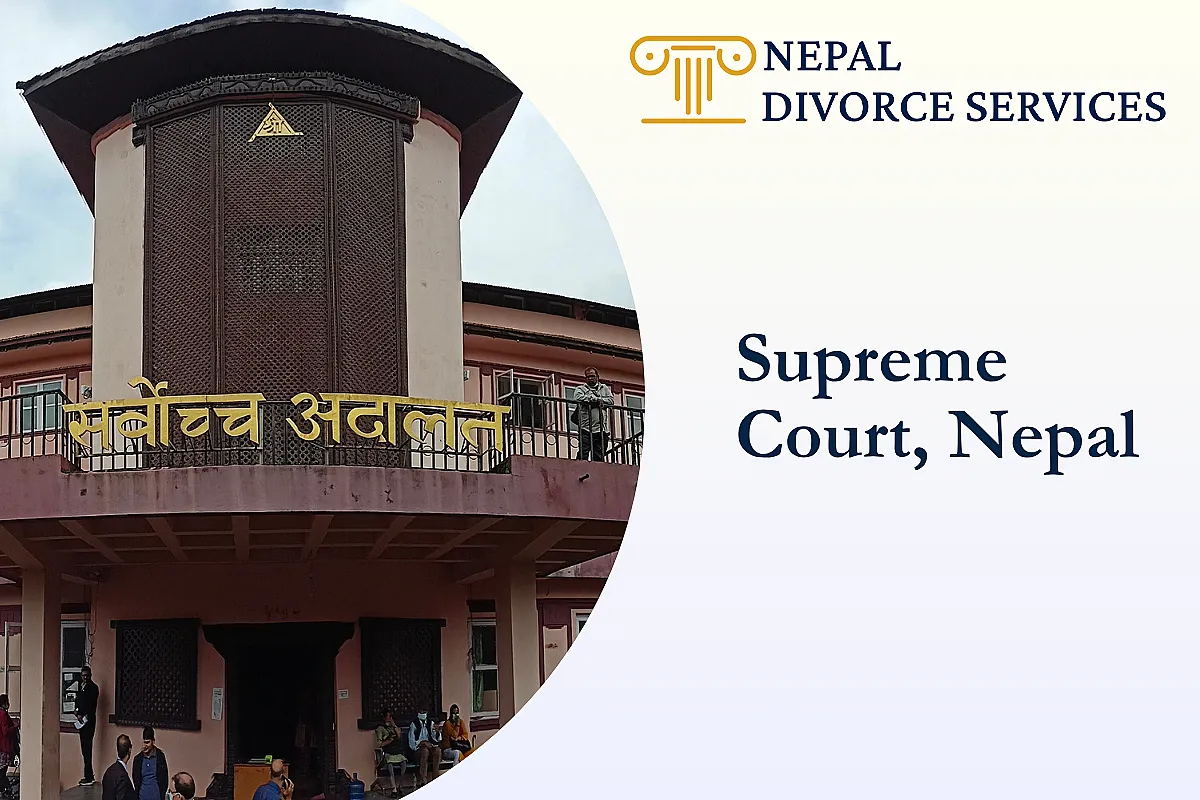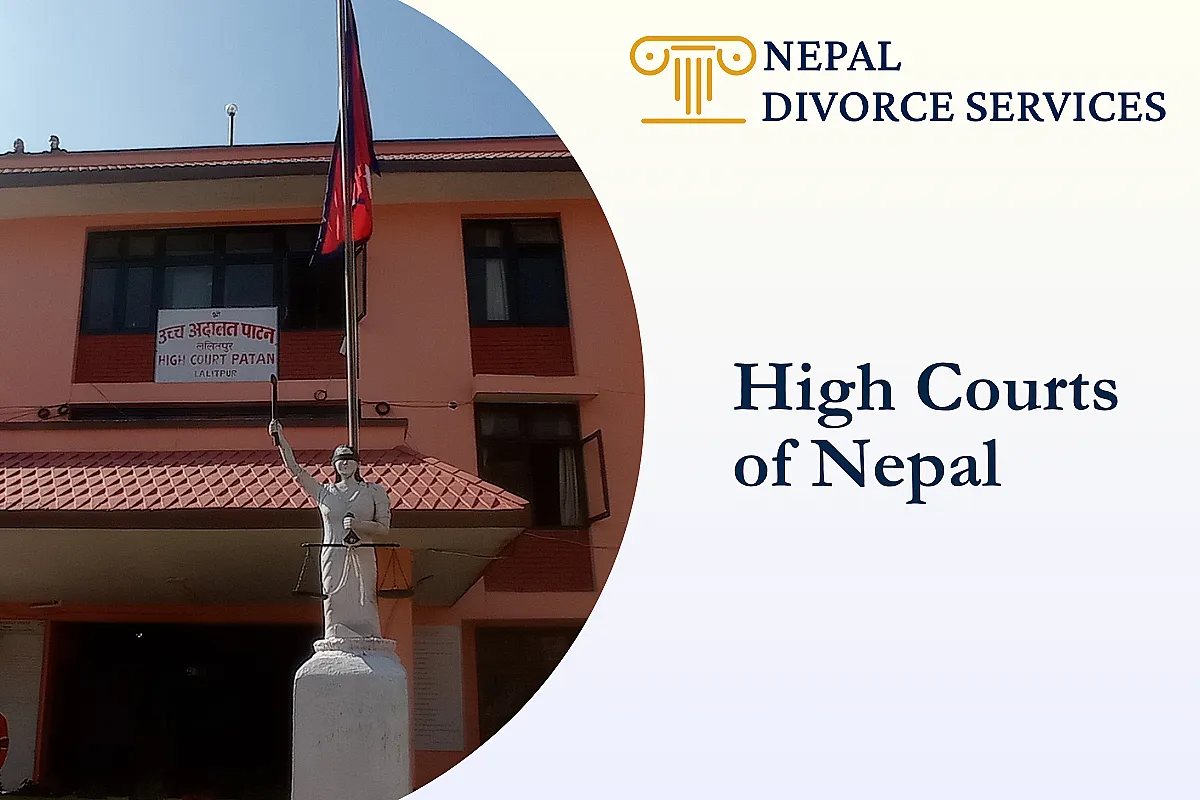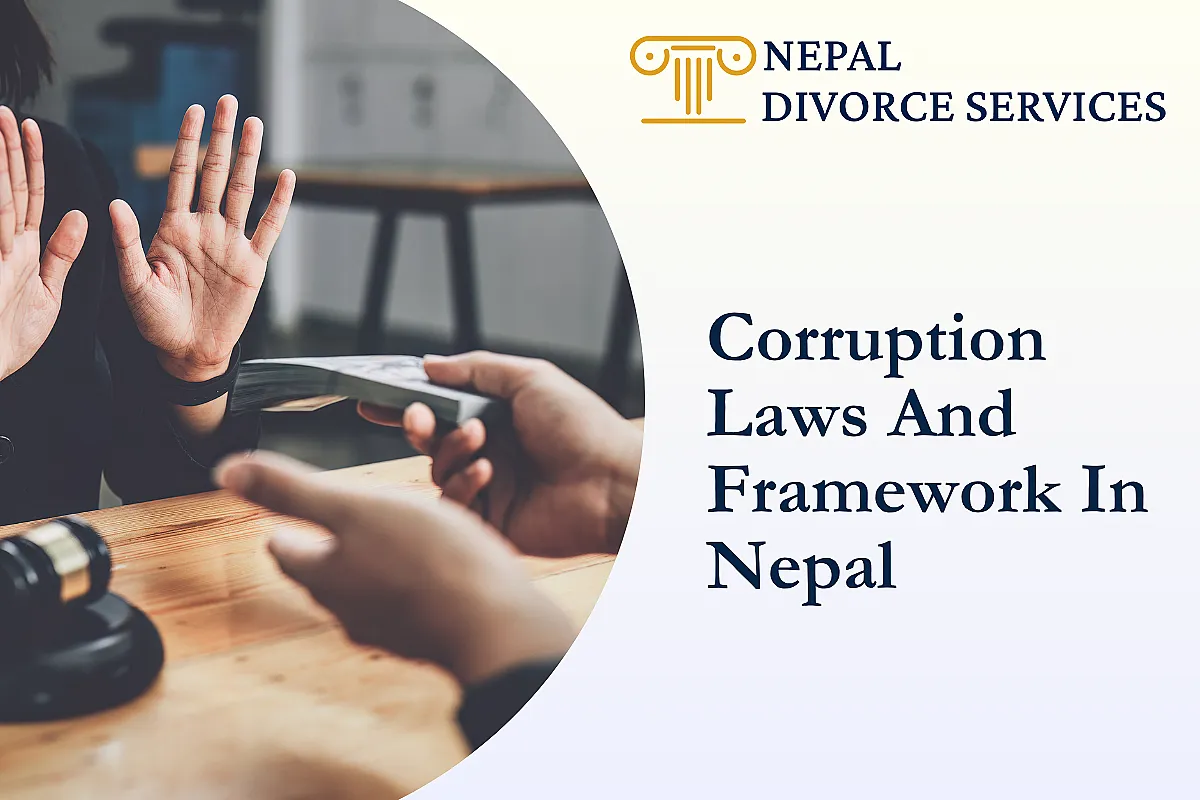Tag : Legal Advisory Firm
Real Estate Law in Nepal
Real estate law in Nepal is a complex and diverse topic that covers various issues and aspects of property rights, transactions, and disputes. This article provides an overview of the main issues and aspects of real estate law in Nepal, such as ownership, transfer, valuation, and dispute resolution. It also discusses the sources and authorities of real estate law in Nepal, such as the Constitution of Nepal, statutory laws, customary laws, and judicial decisions. These sources and authorities provide the legal basis and principles for the regulation and administration of property rights, transactions, and disputes in Nepal. The article also addresses the challenges and problems related to real estate law in Nepal, such as lack of proper documentation, registration, measurement, valuation, management, maintenance, awareness, education, coordination, cooperation, transparency, accountability, access, affordability, capacity, competency, enforcement, and implementation. It also suggests some possible solutions and recommendations to overcome these challenges and problems, and to ensure the protection, promotion, and fulfillment of the real estate law in Nepal.
Supreme Court, Nepal
The Supreme Court of Nepal is the highest court in Nepal and the final authority to interpret and apply the constitution and laws of the country. The Supreme Court also has the power to review and overturn the decisions of lower courts and other branches of government, and to protect and enforce the fundamental rights and freedoms of the people. The Supreme Court plays a vital role in maintaining the rule of law, ensuring justice, and upholding democracy in Nepal. In this article, we will explore the history, composition, jurisdiction, procedure, and functions of the Supreme Court of Nepal.
High Courts of Nepal
The High Court of Nepal is the second highest court in Nepal and the first appellate court for most of the cases in the country. The High Court also has original jurisdiction over some types of cases. The High Court plays an important role in ensuring justice, protecting fundamental rights, and interpreting laws in Nepal. In this article, we will explore the history, composition, jurisdiction, procedure, and functions of the High Court of Nepal.
Corruption Laws And Framework In Nepal(2080)- Latest Legal Provisions
Corruption is a serious problem that undermines the rule of law, democracy, and development in Nepal. Corruption is defined as "offences punishable under Chapter -2" of the Prevention of Corruption Act, 2059 (2002 A.D.) which include bribery, embezzlement, abuse of authority, money laundering, and obstruction of justice. Corruption affects various sectors and levels of the society, such as politics, administration, judiciary, security, education, health, and business.
Companies in Nepal: Types, Laws, and Process
Explore the diverse types of companies in Nepal defined by the Companies Act of 2006. This comprehensive guide covers the private and public companies, their registration processes, and additional classifications. Learn about the governing laws and gain actionable insights to start your business in Nepal!





